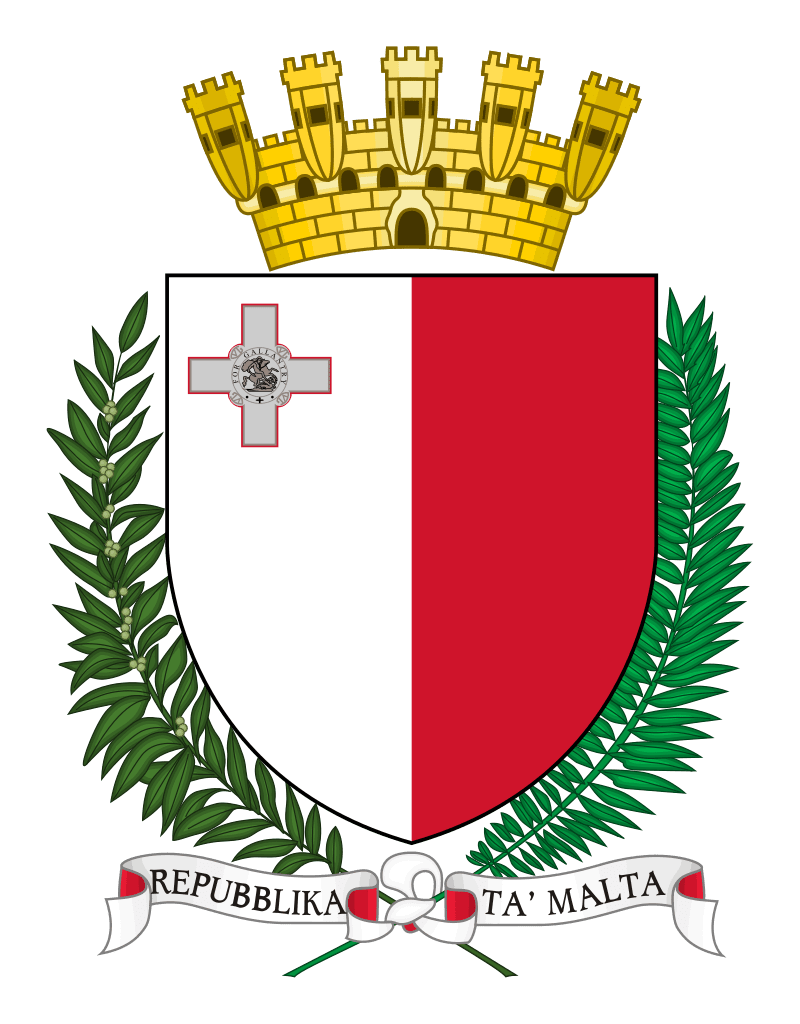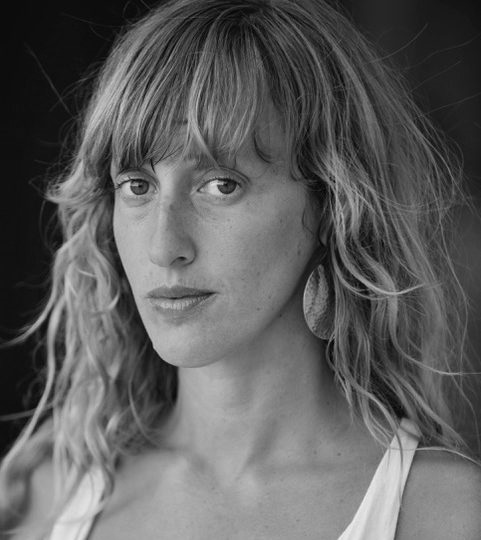What could be more motivating than facilitating the possibility of actualising ‘common places’ where social urgencies and art may intersect, affect and transform? Where the contentions of economics, migration, education, racism and indigeneity are re-contextualised within a benign, fluid, ever-expandable and unconfined space? To move through and beyond, with the hope of finding a ‘common place’, where the focus shifts towards something other, unimagined and as yet, unrealised?
For Italian philosopher Paolo Virno, the ‘special places’ of discourse are perishing and dissolving, while immediate visibility is being gained by the ‘common places’, generic logical-linguistic forms which establish the pattern for all forms of discourse. For many, there is a sense of navigating without a compass; that we are no longer able to rely on forms of thought devoid of a standard of orientation.
Dr Janna Graham, initiator and curator of the Centre For Possible Studies, an offsite curatorial programme of Serpentine Galleries, and lecturer in Visual Cultures at Goldsmith’s University of London, points out that whilst art institutions employ public programming it often doesn’t belong exclusively to any professional niche within the ecology of institutions and organisations. Her premise is to think with and without conditions when it comes to public programming, a notion that requires for those with agency to seek ingenious methods of creating pathways, allotting resources and ultimately reframing the existing modus operandi.
Relevance is key to the creation of a programme without conditions, and should not limit ideas before they are able to expand, flex and reach. According to Dr Graham, who has been a key player in the ‘educational turn’ of recent public programming within leading institutions, recent radical praxes suggest a discipline of working through existing patterns of thought, speech, affect, care and organisation, of questions of the so-called private and public spheres, of questions of space and time, of questions of the material and the immaterial. To be able to achieve the aims of a substantial programme demands supple, agile and dexterous strategies, often looking from the ground up, rather than the more favoured top-down hierarchical direction of established intellectual and social practice.
Being caught up in these primary concerns may seem to detract from the initial ambitions and intentions – the more visceral desires that underpin human connectivity, which is to acknowledge, and to be acknowledged, to participate in a way that is not token or superficial, but rather sincere in its approach, if not exact in its method, and perhaps most courageously and defiantly, inconclusive in its outcome. Finally, there is the intention of allowing for celebration of the commonalities of the ostensibly disparate, the vernacular and the high-brow, the lofty and the gritty, such ‘stuff as dreams are made of’.
Emma Mattei is an arts and culture journalist. She is a co-founder of Kinemastik NGO and programmer at the Kinemastik International Short Film Festival (KISFF). She founded the international publishing project Uncommon Guide Books in 2011, issuing editions in Malta, Stockholm, London, Dubai and Cairo. She is currently in production with a feature-length documentary about cinema and identity.





